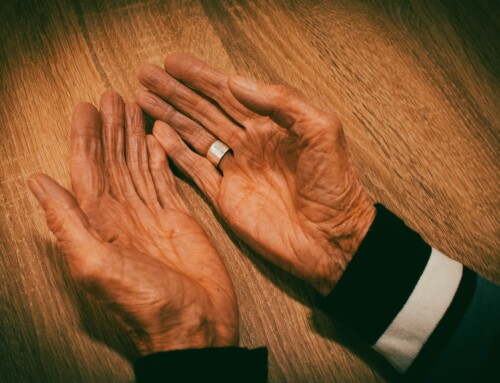No one likes to think about being hospitalized. But as we age, we need to consider who we trust to make decisions for us should we become incapacitated. We may need our bills paid or to entrust someone with our healthcare decisions. A Power of Attorney represents you in these decisions, and establishing a POA is an important aspect of the estate planning process.
What is a Power of Attorney (POA)? A Power of Attorney is a legal document that designates an individual to act as your agent, to make financial or medical decisions if you can no longer do so for yourself. There are four main types of POAs:
- General POA: covers financial and legal decisions, including bill payment, contracts, or buying and selling of real estate.
- Durable POA: incorporates a clause allowing the document to remain active if the individual become incapacitated.
- Limited POA: constrains the agent’s powers to one-time events, such as purchasing a residence.
- Medical POA: allows a designated agent to make healthcare decisions if you aren’t able to do so for yourself.
Why is a Power of Attorney Necessary?
Life changing events can occur quickly and without warning. Having a POA in place will give you peace of mind in knowing that someone you trust is making financial, medical and business decisions on your behalf.
If you do not have a power of attorney in place, a judge will name a guardian or conservator to make those decisions for you. This individual may not be the person you prefer to represent you, but at that point you will not have a say in the matter. Having a POA in place ensures that your most trusted family member or friend is representing you. You can discuss your wishes with them ahead of time and be confident that your affairs will be handled the way you expect. A court-appointed conservator may not have any idea about how you want these decisions to be made.
Some of the more consequential decisions covered by a POA involve medical care. Most people would not be comfortable with a stranger making decisions regarding their healthcare, especially end of life choices and preferences. Your chosen agent knows what your wishes are and can make sure they are followed.
Having a POA ensures that your voice will be heard, even if you cannot communicate it yourself. When it comes to such important matters as financial, medical and real estate transactions, a POA guarantees that your wishes will be carried out – exactly how you would handle these affairs if you were able to do so.
Important: A POA differs from a will in that it designates someone to make decisions for you when you are still alive. A will distributes assets after your death. A will is also an important legal document to have in place, as it will dispose of your assets according to your wishes, and should eliminate disputes among surviving relatives. Similar to a POA, if you do not have a will in place at your time of death, the courts may appoint an agent to manage your estate.
Add a POA to Your Estate Planning Process
All seniors should add a Power of Attorney to their estate planning documents. Whether you are living at home or in an assisted living facility, call your attorney today to set up a POA.
A Banyan Residence is an assisted living and memory care facility in the Villages. We provide compassionate and skilled care for those who need a little extra assistance or more comprehensive ADL support. Call today to learn more.








